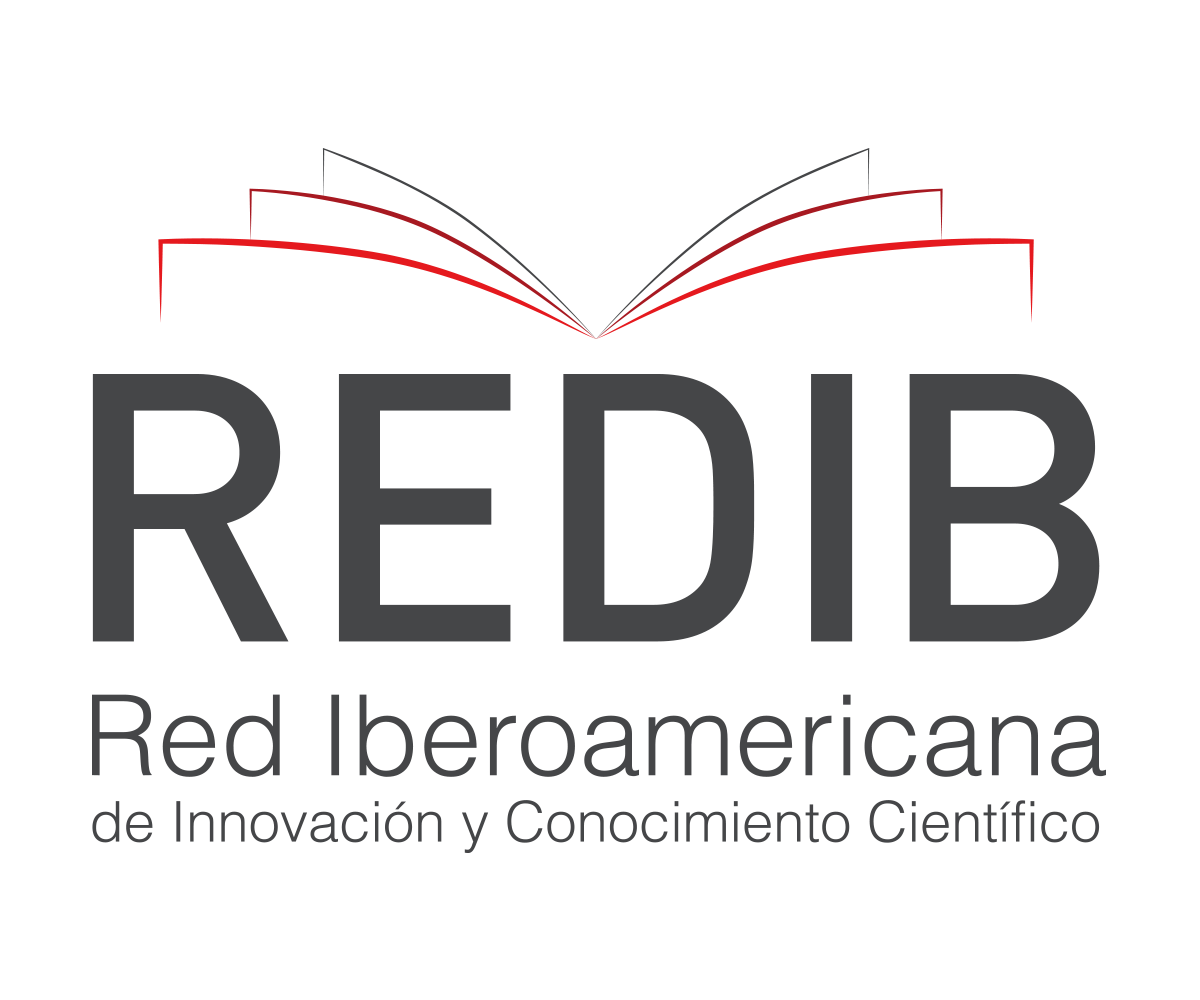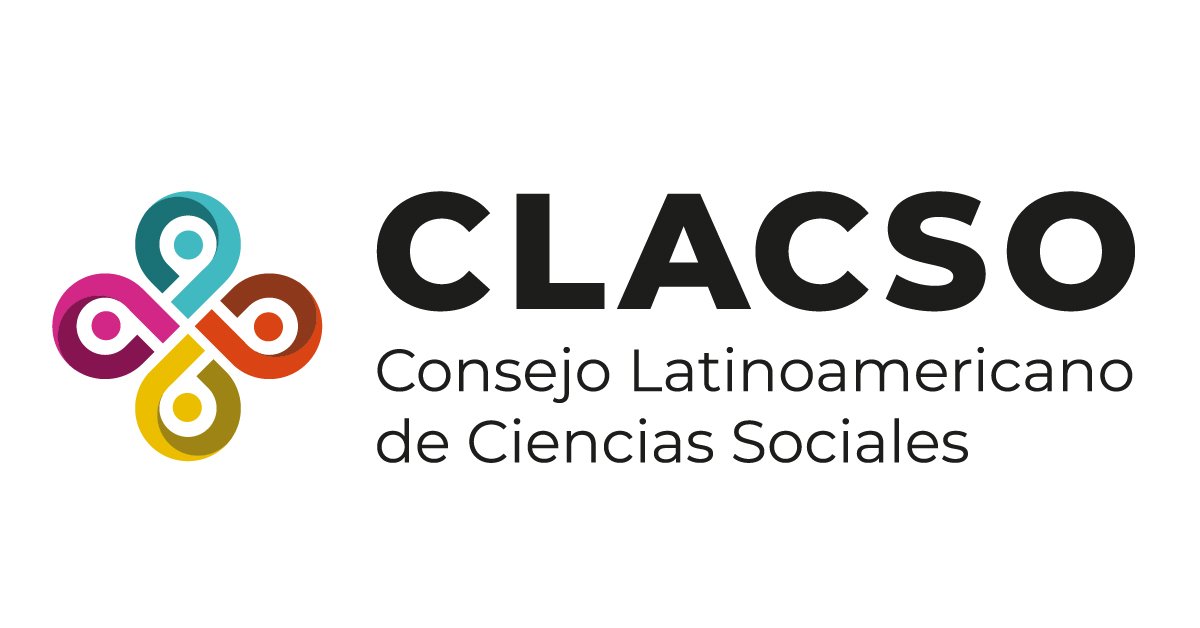Conexión con la naturaleza y comportamiento proambiental, en la costa argentina
Nature Connection and proenvironmental behavior in argentine coast
DOI:
https://doi.org/10.47069/estudios-ambientales.v9i2.1288Palabras clave:
Percepción, Actitud proambiental, Mar del Plata, encuesta, Perception, proenvironmental attitude, interviewResumen
A lo largo de su historia, el ser humano ha experimentado una profunda desconexión con la naturaleza de la cual forma parte. Como consecuencia, los problemas ambientales y la falta de cuidado hacia la vida han ido en aumento. La forma en que las personas se perciben en relación a la naturaleza puede influir en su comportamiento ambiental. El objetivo de este trabajo fue explorar la percepción que las personas de una ciudad costera de Argentina tienen de conexión naturaleza y su vinculación con el comportamiento proambiental. En esta investigación predominó la perspectiva metodológica cualitativa y se utilizó la encuesta autogestionada como método de recolección de datos. Los resultados de 220 encuestas identificaron que las personas, en general, se percibieron a sí mismas en conexión con la naturaleza. Se encontraron respuestas positivas en relación con el comportamiento proambiental hacia algunas actitudes (por ej., reciclaje, uso eficiente del agua), y menos positivas hacia otras (por ej., realización de compostaje, participación en ONGa). Este trabajo permitió identificar puntos clave para comprender parte del accionar cotidiano de las personas en el cuidado del ambiente, y aportar a las normativas locales para fomentar el cuidado de espacios verdes y la gestión de residuos domiciliarios.
Abstract
Throughout history, human beings have experienced a profound disconnection with nature of which they are a part. As a consequence, environmental problems and lack of care for life have been increasing. The way people perceive themselves in relation to nature can influence their environmental behavior. The aim of this work was to explore the perception that people in a coastal city in Argentina have of nature and its link with proenvironmental behavior. This research was dominated by a qualitative methodological perspective and used self-managed surveys for data collection. The results of 220 surveys identified that people, in general, perceived themselves in connection with nature. Positive responses were found in relation to proenvironmental behavior towards some attitudes (e.g., recycling, efficient water use), and less positive towards others (e.g., composting, NGO participation). This work allowed us to identify key points to understand part of the daily actions of people in caring for the environment, and to contribute to local regulations to promote the care of green spaces and the management of household waste.
Citas
Butchart, S.H., Walpole, M., Collen, B., Van Strien, A., Scharlemann, J.P., Almond, R.E., et al. (2010). Global biodiversity: indicators of recent declines. Science, 328,1164-1168.
CIEM, Centro de Información Estratégica Municipal Mar del Plata. (2010). https://www.mardelplata.gob.ar/estadistica
Dilkes-Hoffman, L.S., Lane, J.L., Grant, T., Pratt, S., Lant, P.A., & Laycock, B. (2018). Environmental impact of biodegradable food packaging when considering food waste. Journal of Cleaner Production, 180, 325-334.
Dong, X., Shengmin, L., Hongbo, L., Zhi, Y., Shichang, L., & Nianqi, D. (2020). Love of nature as a mediator between connectedness to nature and sustainable consumption behavior. Journal of Cleaner Production, 242, 118451.
Dutcher, D., Finley, J.C., Luloff, A.E., & Johnson, J.B. (2007). Connectivity with nature as a measure of environmental values. Environmental Behaviour, 30, 474-493.
Galafassi, D., Daw, T.M., Thyresson, M., Rosendo, S., Chaigneau, T., Bandeira, S., et al. (2018). Stories in social-ecological knowledge cocreation. Ecological Society, 23, 23.
García Vázquez, F.I., Durón Ramos, M.F., & Corral Verdugo, V. (2016). Conectividad con la naturaleza y conducta sustentable: Una vía hacia las conductas pro-sociales y pro-ambientales. PSICUMEX, 6, 81-96.
Gliessman, S.R. (2014). La agroecología - Un movimiento global para la seguridad y la soberanía alimentaria. Agroecología para la seguridad alimentaria y nutrición. Actas del Simposio Internacional de la FAO- 18-19 de septiembre de 2014, Roma, Italia.
González Insúa, M., & Ferraro, R. (2015). Los residuos sólidos urbanos en Mar del Plata, Argentina: ¿problema ambiental o insumos para la industria? Letras Verdes, Revista Latinoamericana de Estudios Socioambientales, 17, 57-85.
Groffman, P.M., Stylinski, C., Nisbet, M.C., Duarte, C.M., Jordan, R., & Burgin, A. (2010). Restarting the conversation: challenges at the interface between ecology and society. Frontiers in Ecology and Environment, 8, 284-291.
INDEC, Instituto Nacional de Estadística y Censos, 2010. http://www.indec.gob.ar
Jennings, V., Larson, L., & Yun, J. (2016). Advancing sustainability through urban green space: cultural ecosystem services, equity, and social determinants of health. International Journal of Environmental Research Public Health, 13, 196.
Kals, E., Schumacher, D., & Montada, L. (1999). Emotional affinity toward nature as a motivationalbasis to protect nature. Environmenatal Behaviour, 31, 178-202.
Karis, C.M., Mujica, C.M., & Ferraro, R. (2019). Diagnóstico para la planificación de la Infraestructura Verde en el ámbito local. El caso de la ciudad de Mar del Plata, Argentina. Revista de Estudios Ambientales, 7, 20-38.
Mace, G.M. (2014). Whose conservation? Science, 345, 1558-1560.
Mackay, C.M., & Schmitt, M.T. (2019). Do people who feel connected to nature do more to protect it? A meta-analysis. Journal of Environmental Psychology, 65, 101323.
Martin, L., White, M.P., Hunt, A., Richardson, M., Pahl, S., & Burt, J. (2020). Nature contact, nature connectedness and associations with health, wellbeing and pro-environmental behaviors. Journal of Environmental Psychology, 68, 101389.
Mayer, S.F., & Frantz, C.M. (2004). The connectedness to nature scale a measure of individuals’ feeling in community with nature. Journal of Environmental Psychology, 24, 505–515.
MEA (Millennium Ecosystem Assessment) (2005). Ecosystems and Human Well-being: Biodiversity Synthesis. Washington, DC, USA: Island Press.
Minich, L., Lupín, B., & Muñoz, A. (2018). Hábitos sustentables: regulación y comportamiento de los residentes de Mar del Plata-Argentina. En: A. Aladro, L. García & P. Slavin (Comp.), Avances de Investigación en Ciencias Jurídicas y Sociales, ISBN 978-987-544-854-4, s/n.
Nisbet, E.K., Zelenski, J.M., & Murphy, S.A. (2009). The nature relatedness scale: linking individuals' connection with nature to environmental concern and behavior. Environmental Behavior, 41, 715–740.
Nord, M., Luloff, A.E., & Bridge, J.C. (1998). The Association of Forest Recreation with Environmentalism. Environmental Behavior, 30, 235-246.
Pyle, R. (1993). The thunder tree. Lessons from an urban wildland. Boston, USA: Houghton-Mifflin.
Ruiz Olabuenaga, J.I. (1996). Metodología de la investigación cualitativa. Serie Ciencias Sociales, Vol. 15. Bilvao, España: Universidad de Deutso.
Schultz, P.W. (2001). The structure of environmental concern: Concern for self, other people, and the biosphere. Journal of Environmental Psychology, 21, 1-13.
Schultz, P.W. (2002). Inclusion with nature: The psychology of human-nature relations. En P. Schmuck & W.P. Schultz (Eds), Psychology of Sustainable Development. Boston: Springer.
Scribano, A.O. (2008). El proceso de investigación social cualitativo. Buenos Aires, Argentina: Prometeo Libros.
Soga, M., Gaston, K.T., Koyanagi, F., Kurisu, K., & Hanaki, K. (2016). Erratum to “Urban residents' perceptions of neighbourhood nature: Does the extinction of experience matter?” Biological Conservation, 203, 143-150.
Stern, P.C., Young, O.R., & Druckman, D. (1992). Global Environmental Change: Understanding the Human Dimensions. Washington D.C., USA: National Academies Press.
Turner, W.R., Nakamura, T., & Dinetti, M. (2004). Global urbanization and the separation of humans from nature. BioScience, 54, 585-590.
Zylstra, M., Knight, A., Eslerk, Y., & Le Grange, L. (2014). Connectedness as a core conservation concern: an interdisciplinarity review of theory and a call for practice. Springer Science Reviews, 2, 119-143.














